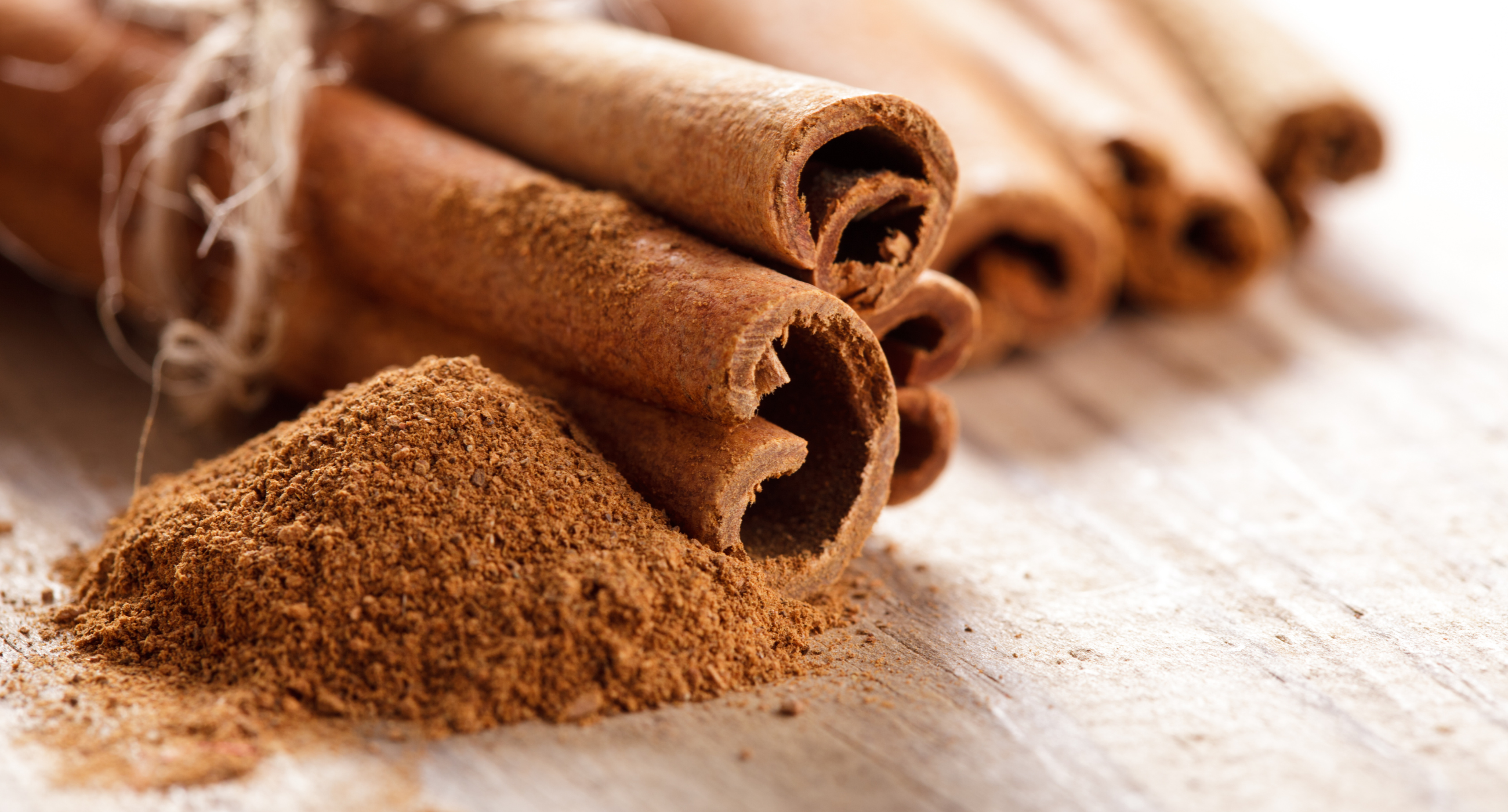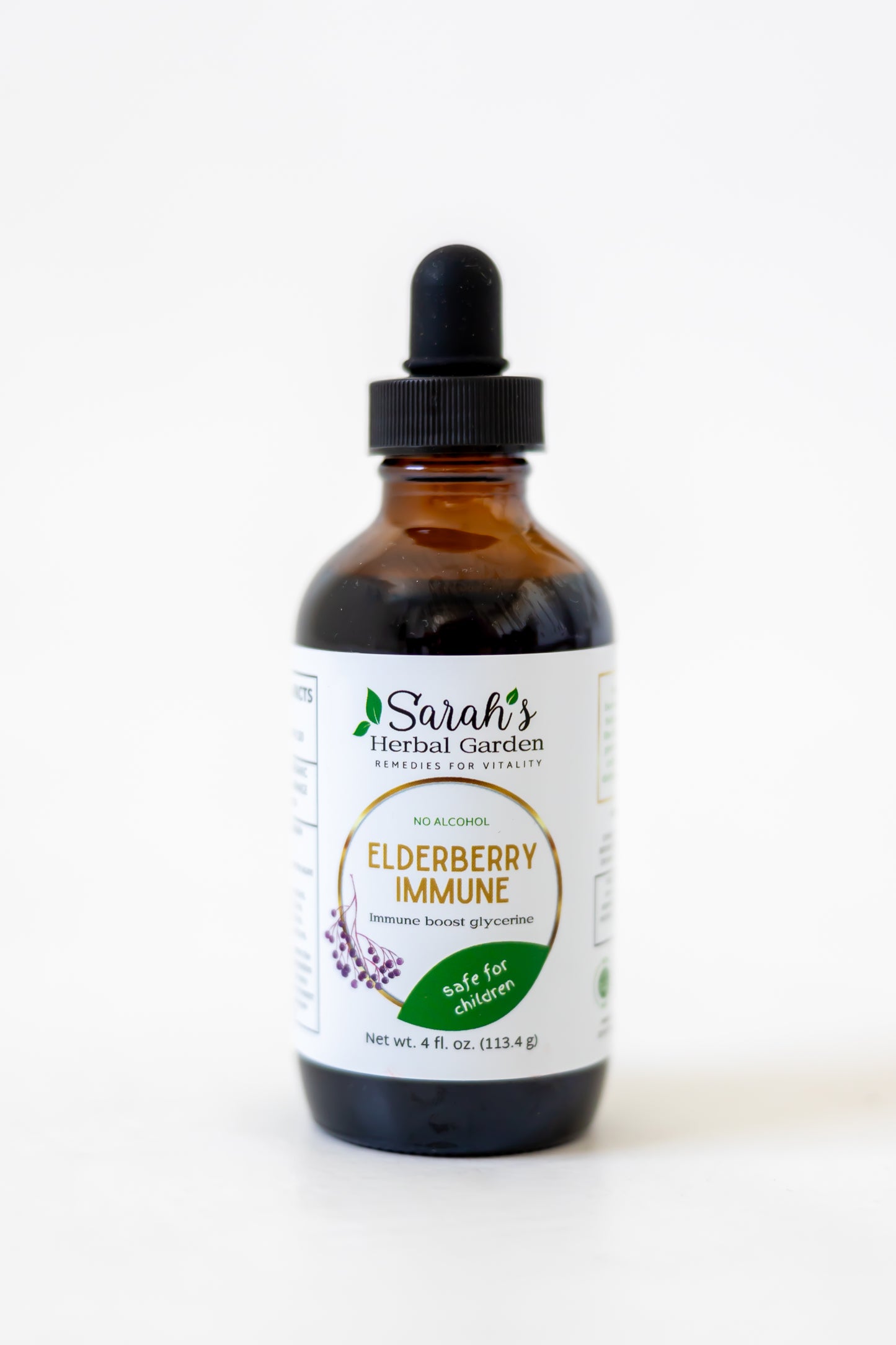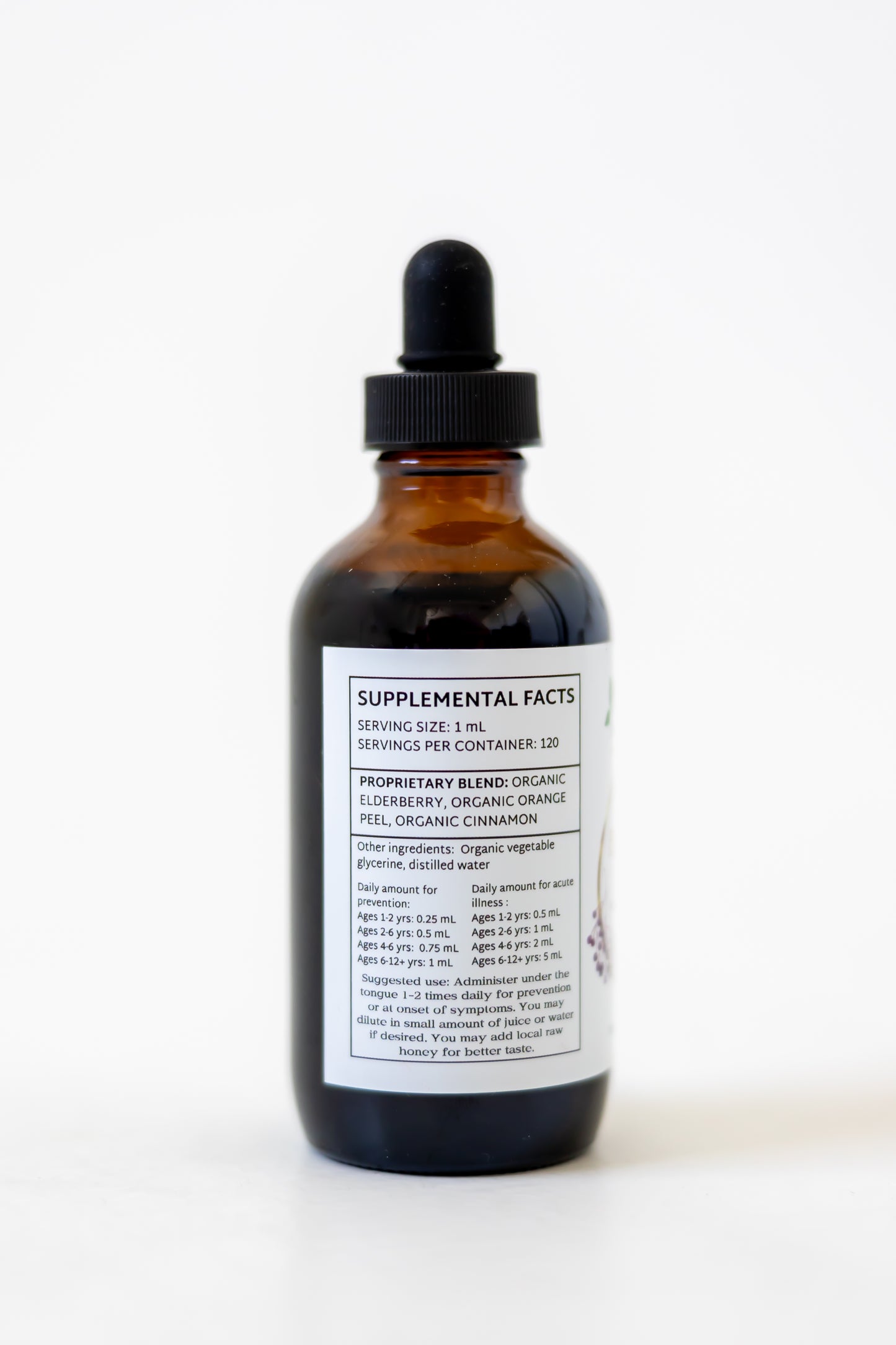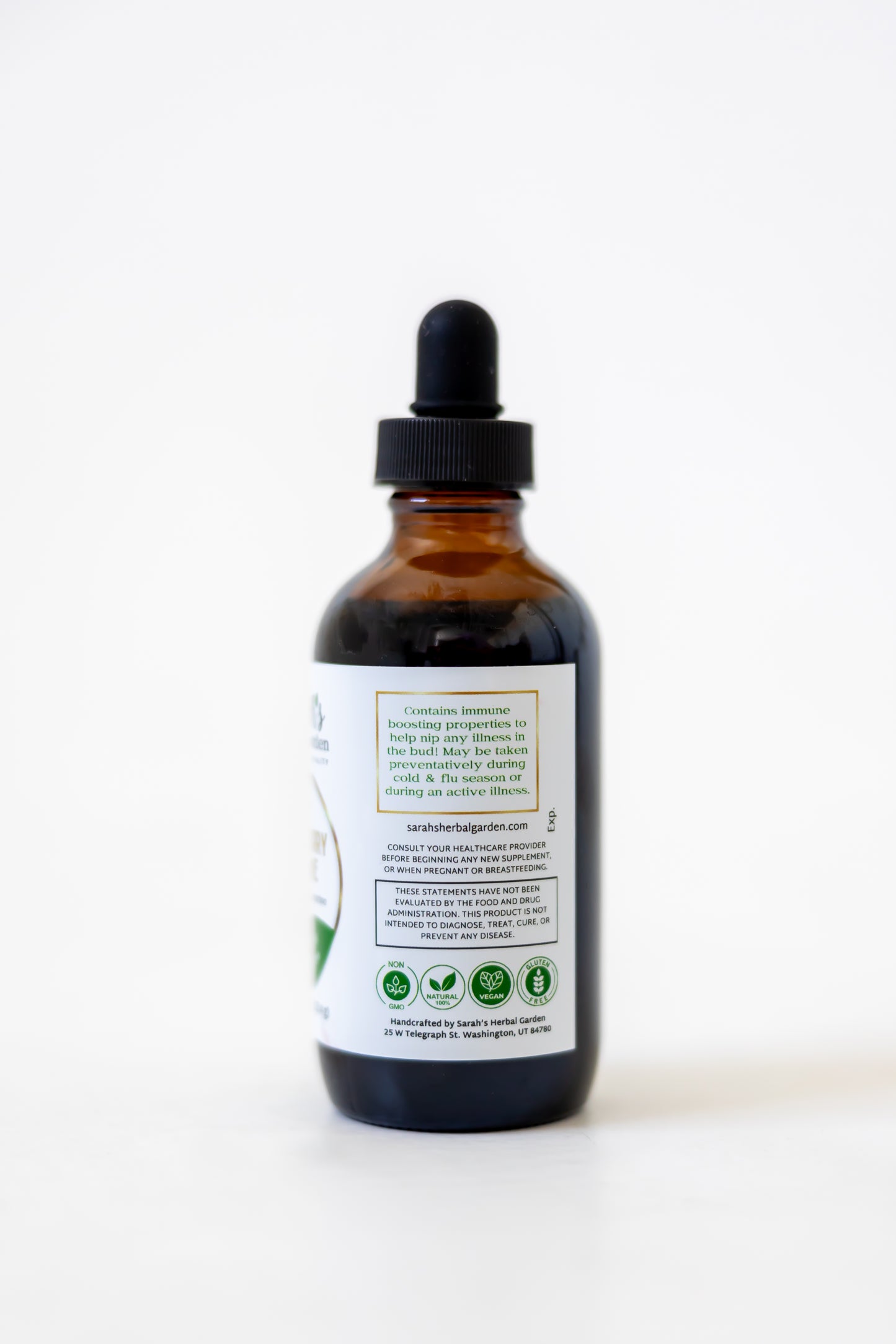
Cinnamon
Scientific Name: Cinnamomum
Herbal Profile: Cinnamon (Cinnamomum)
Botanical Information:
- Botanical Name: Cinnamomum verum (true cinnamon or Ceylon cinnamon) and Cinnamomum cassia (cassia or Chinese cinnamon).
- Family: Lauraceae
- Common Names: True cinnamon, Ceylon cinnamon, cassia, Chinese cinnamon.
Active Compounds:
- Cinnamaldehyde: The main active compound in cinnamon, responsible for its distinct aroma and flavor.
- Eugenol: Found mainly in Ceylon cinnamon.
- Coumarin: Higher in cassia cinnamon, it can be toxic in large quantities.
- Polyphenols: Powerful antioxidants.
- Mucilage, Tannins, and Proanthocyanidins: Contribute to its medicinal properties.
Description:
Cinnamon is a popular spice derived from the inner bark of trees from the genus Cinnamomum. It has been used for centuries both as a flavoring agent and for its potential health benefits.
Health Benefits:
- Antioxidant Properties: High in polyphenols, helping to protect the body from oxidative damage.
- Anti-Inflammatory Effects: Can help reduce inflammation in the body.
- Antimicrobial Properties: Effective against a range of bacteria, fungi, and viruses.
- Blood Sugar Regulation: May improve insulin sensitivity and lower blood sugar levels, beneficial for managing diabetes.
- Heart Health: Can reduce risk factors for heart disease, including high cholesterol and blood pressure.
- Neuroprotective Effects: Potential benefits in protecting against neurodegenerative diseases.
Traditional Uses:
- Digestive Aid: Used to soothe digestive issues such as gas, bloating, and indigestion.
- Respiratory Health: Employed in treating colds, coughs, and bronchitis.
- Menstrual Health: Traditionally used to alleviate menstrual cramps and discomfort.
- Skin Conditions: Applied topically for skin infections and acne.
Forms and Dosage:
- Powdered Cinnamon: Used in cooking, baking, and as a supplement.
- Cinnamon Sticks: Infused in liquids or used in cooking.
- Cinnamon Oil: Concentrated form, used topically or in aromatherapy.
- Cinnamon Extract: Found in supplement form, with dosages varying based on the form and intended use.
Safety and Precautions:
- Coumarin Content: Cassia cinnamon has high levels of coumarin, which can be harmful in large doses. Ceylon cinnamon is preferred for medicinal use due to lower coumarin content.
- Allergic Reactions: Some individuals may be allergic to cinnamon.
- Interactions: Can interact with medications, particularly those for diabetes, blood pressure, and blood thinners.
Culinary Uses:
- Widely used in sweet and savory dishes.
- Popular in baking, beverages, curries, and spice blends.
Conclusion:
Cinnamon is a versatile spice with a rich history of use in both culinary and medicinal applications. Its health benefits, particularly in antioxidant, anti-inflammatory, and blood sugar regulation, make it a valuable addition to a healthy diet. However, caution should be exercised with its use, particularly in the form of cassia cinnamon, to avoid potential adverse effects from high coumarin content.
1
/
of
3
Sarah's Herbal Garden
Elderberry Immune {Immune Boosting Tincture}
Regular price
$25.00 USD
Regular price
Sale price
$25.00 USD
Unit price
/
per
Shipping calculated at checkout.
Share




